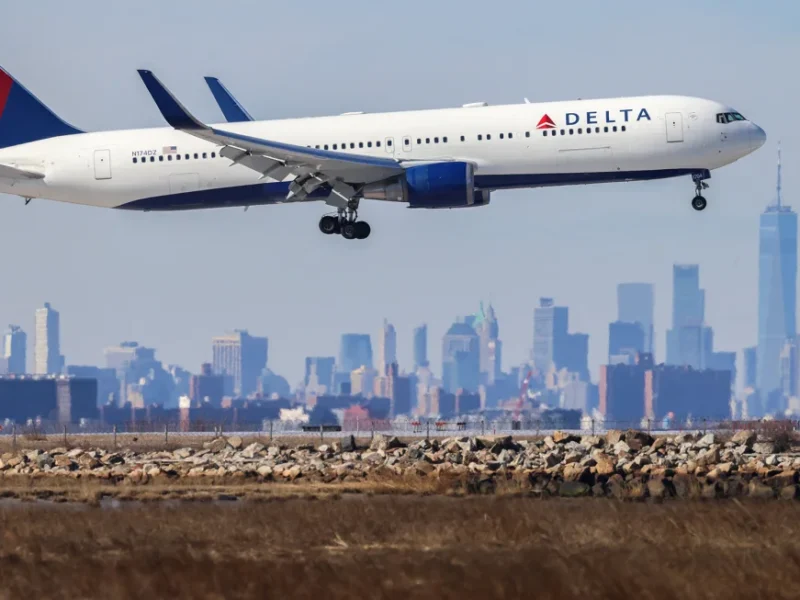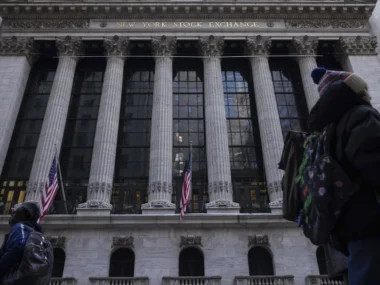Delta Air Lines is dispersing $1.4 billion in profit-sharing payouts, marking more than double the amount paid to employees compared to a year ago. Over 100,000 Delta employees received these payments on Wednesday, totaling approximately 10% of their annual salary, or more than a month’s worth of pay. The program includes all Delta employees below mid-level managers.
This payout represents a significant increase of 146% from the previous year’s profit-sharing payment, surpassing the $108 million distributed in 2021. Notably, there was no profit sharing in 2020 due to substantial losses caused by the pandemic’s impact on air travel demand. This payout is the second largest in Delta’s history, trailing only the record $1.6 billion paid out in 2019, equivalent to about two months’ pay per employee.
Delta, predominantly a nonunion company with only around 20% unionized employees, primarily among its 18,500 pilots, has the most generous profit-sharing plan in terms of the percentage of profits allocated to employees. The profit-sharing approach gained prevalence in the airline industry following bankruptcy filings, financial losses, and industry consolidation in the early 2000s. Unions, seeking to recover concessions made during bankruptcies, agreed to these plans to benefit their members.
While management typically favors linking more employee compensation to profits to manage labor costs during financial downturns, unions often advocate for a larger portion of compensation to be part of standard pay rates to safeguard employees during economic challenges. Some union contracts, including those for Delta pilots, incorporate profit-sharing payments. Additionally, other unionized employees at various airlines, as well as United Auto Workers members at General Motors and Ford, have received profit-sharing payments despite the financial impact of strikes and other challenges.
Overall, the average profit-sharing payment for Delta employees amounted to around $14,000.











